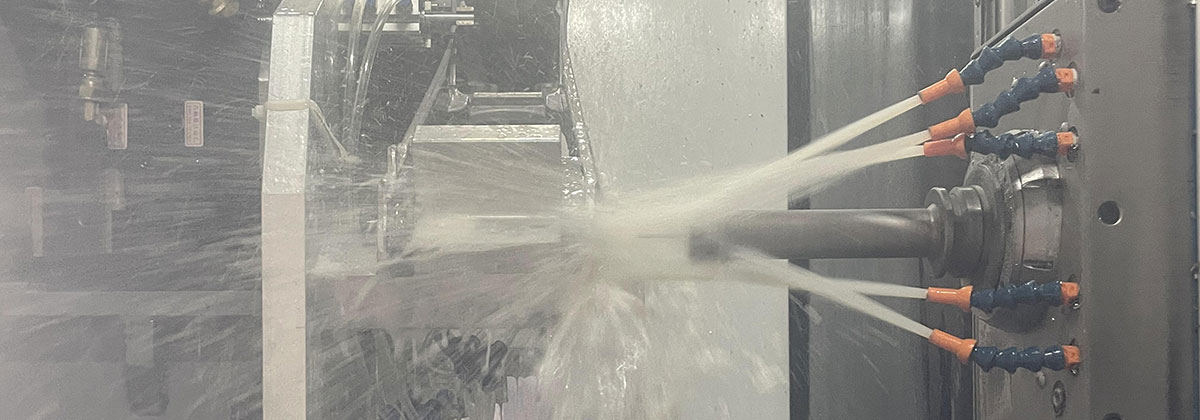Introduction:
Aluminum casting molds play a crucial role in the manufacturing industry, allowing for the production of intricate and precise aluminum components. The quality and efficiency of these molds directly impact the overall manufacturing process. Therefore, creating precision aluminum casting molds is essential to ensure enhanced manufacturing efficiency. This article will explore the importance of precision molds, the factors influencing their creation, and the benefits they bring to the manufacturing industry.
Importance of Precision Aluminum Casting Molds:
Precision aluminum casting molds are vital for achieving accurate and intricate designs in the manufacturing process. These molds are created with great precision to ensure that the final aluminum components meet the required specifications. By using precision molds, manufacturers can produce complex geometries, intricate details, and tight tolerances, which are often difficult to achieve with other techniques.
Factors Influencing the Creation of Precision Aluminum Casting Molds:
Several factors influence the creation of precision aluminum casting molds. These include:
1. Design and Engineering: The design and engineering of the mold are fundamental to achieve precision. Skilled engineers use advanced CAD/CAM software to create intricate mold designs, considering factors such as part geometry, material flow, and cooling requirements. A well-designed mold ensures optimal performance and reduces the risk of defects.
2. Material Selection: Choosing the right material for the mold is crucial. Aluminum-based alloys are commonly used due to their excellent thermal conductivity, low weight, and high strength. The selected material must have good thermal stability to withstand the high temperatures during the casting process without deforming or warping.
3. Manufacturing Process: The manufacturing process itself plays a vital role in creating precision molds. Advanced manufacturing techniques, such as computer numerical control (CNC) machining, are employed to achieve high accuracy and repeatability. CNC machining allows for complex mold profiles, precise cavity dimensions, and smooth surface finishes.
Benefits of Precision Aluminum Casting Molds:
Precision aluminum casting molds offer several benefits to the manufacturing industry, including:
1. Improved Efficiency: Precision molds enable manufacturers to produce components with minimal rework or scrap, leading to improved manufacturing efficiency. The accuracy and repeatability of precision molds eliminate the need for additional machining or finishing operations, reducing overall production time and costs.
2. Enhanced Product Quality: With precision molds, manufacturers can achieve high dimensional accuracy and consistent part quality. This ensures that the final aluminum components precisely match the desired specifications, reducing variability and defects. Enhanced product quality results in improved customer satisfaction and increased market competitiveness.

3. Cost Savings: Precision molds reduce material wastage, rework, and scrap, leading to significant cost savings. Manufacturers can optimize their production processes, minimize downtime, and increase productivity. Additionally, precision molds have a longer lifespan, reducing the need for frequent mold replacements and maintenance.
4. Versatility: Precision molds offer greater design flexibility, allowing manufacturers to produce a wide range of aluminum components with intricate geometries. This versatility enables manufacturers to cater to diverse customer requirements and expand their product offerings.
Conclusion:
Precision aluminum casting molds are essential for enhancing manufacturing efficiency in the production of aluminum components. Factors such as design, material selection, and manufacturing processes significantly influence the creation of precision molds. Their benefits include improved efficiency, enhanced product quality, cost savings, and design versatility. By investing in precision molds, manufacturers can optimize their processes, reduce defects, and stay competitive in the dynamic manufacturing industry.

 0086-750-5616188
0086-750-5616188 +86 13392089688
+86 13392089688 sales@zhongmei-tech.com
sales@zhongmei-tech.com












